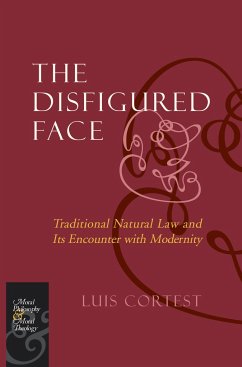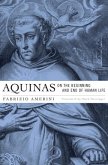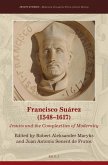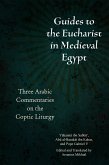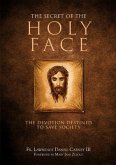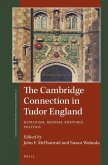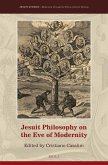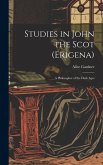For Thomas Aquinas, whose conception of Natural Law forms the foundation for this book, the ontological and ethical orders are not autonomous but inseparable. His ethical system is an ontological morality, in which ethical or practical wisdom must be understood as an extension of metaphysical on speculative wisdom.Most modern philosophers, by contrast, consider these two orders to be entirely separate. Here, Luis Cortest shows how traditional Natural Law was transformed by thinkers like John Locke and Kant into a doctrinecompatible with early modern and modern notions of nature and morality. In early Modern Europe one of the first of the great debates about moral philosophy took place in sixteenth-century Spain, as a philosophical disputeconcerning the humanity of the Native Americans. This foreshadowed debates in later centuries, which Cortest reevaluates in light of these earlier sources
Hinweis: Dieser Artikel kann nur an eine deutsche Lieferadresse ausgeliefert werden.
Hinweis: Dieser Artikel kann nur an eine deutsche Lieferadresse ausgeliefert werden.
